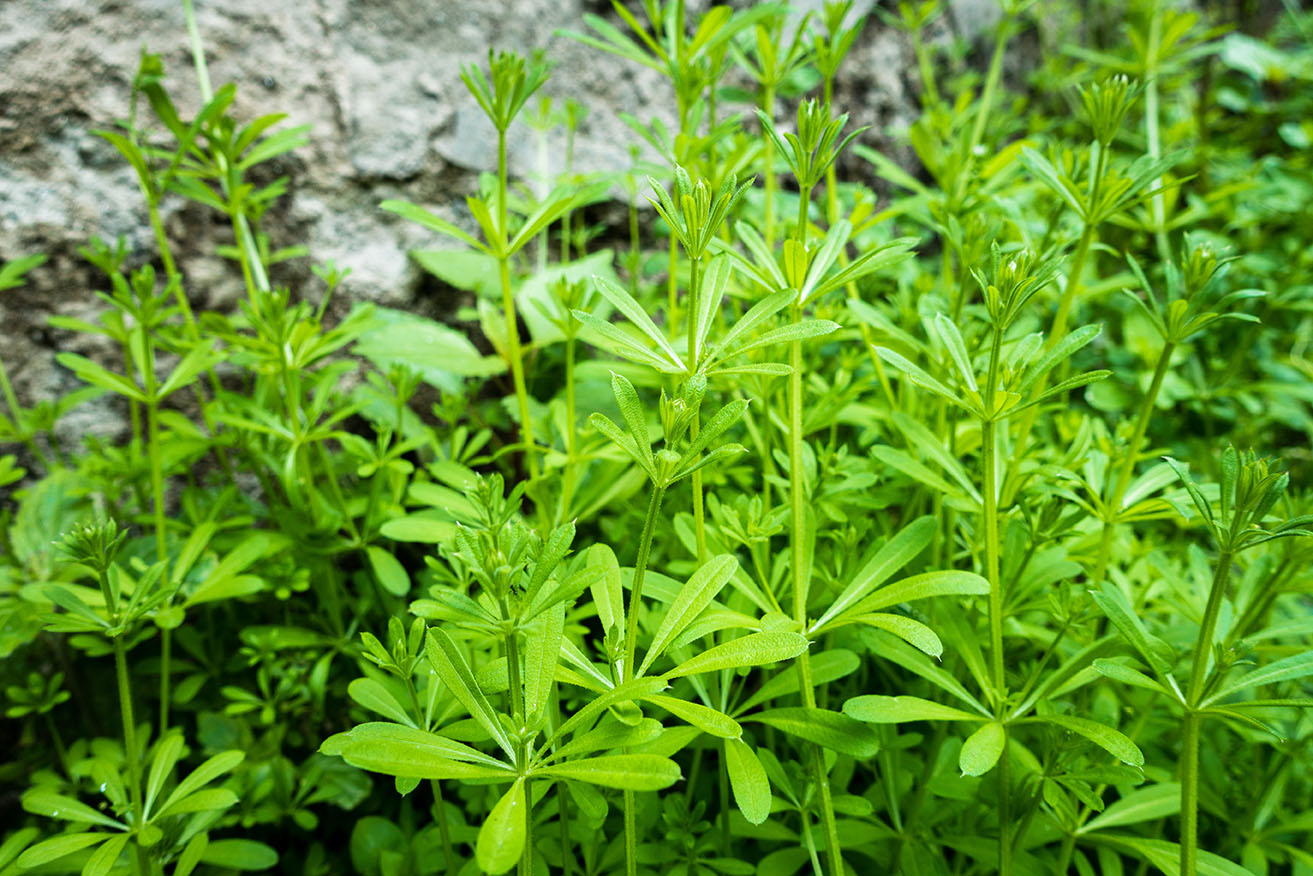
weed
Definition
A weed is a plant that is considered undesirable in a particular situation, growing where it conflicts with human preferences, needs, or goals. Plants with characteristics that make them hazardous, aesthetically unappealing, difficult to control in managed environments, or otherwise unwanted in farmland, orchards, gardens, lawns, parks, recreational spaces, and residential and industrial areas, may all be considered weeds.
Some plants that are widely regarded as weeds are intentionally grown in gardens and other cultivated settings. For this reason, some plants are sometimes called beneficial weeds. Similarly, volunteer plants from a previous crop are regarded as weeds when growing in a subsequent crop. Although whether a plant is a weed depends on context, plants commonly defined as weeds broadly share biological characteristics that allow them to thrive in disturbed environments and to be particularly difficult to destroy or eradicate. In particular, weeds are adapted to thrive under human management in the same way as intentionally grown plants.
There are many different ways to control weeds. Some common methods include:
- Pulling weeds by hand: This is a labour-intensive method, but it is effective for small areas.
- Hoeing: This method uses a hoe to cut weeds at the base.
- Using a weed killer: This is a chemical that kills weeds. It is important to use weed killers carefully, as they can also harm other plants.
- Mulching: This method covers the soil with a layer of material, such as bark or straw. This prevents weeds from growing by blocking out sunlight and moisture.
How can the word be used?
The gardener weeded the garden.

Different forms of the word
Noun:
- a wild plant that grows where it is not wanted.
- a plant that is considered to be harmful or undesirable.
Verb: to remove weeds from an area.
Etymology
The word "weed" comes from the Old English word "wēod", which means "plant".
The first recorded use of the word "weed" in English was in the 10th century.
Question
What is the difference between a plant and a weed?
AQA Science Exam Question and Answer
Question:
Explain the concept of a weed and its ecological impact. Discuss the factors that contribute to the success of weeds in different environments and their potential effects on native plant species and ecosystems.
Answer:
A weed is a plant that grows in a location where it is not desired or intentionally cultivated. Weeds are characterised by their rapid growth and ability to compete with other plants for resources such as sunlight, water, and nutrients. While some weeds may have desirable attributes, they often thrive in conditions disturbed by human activity.
The ecological impact of weeds can be significant. They can outcompete native plants, reducing biodiversity and altering ecosystems. Weeds often have aggressive growth strategies, such as producing abundant seeds, rapidly spreading vegetatively, or adapting well to disturbed environments.
Several factors contribute to the success of weeds. Rapid reproduction through seeds or vegetative propagation allows them to establish and spread quickly. The ability to thrive in a range of conditions, such as variable temperatures, soil types, and moisture levels, further contributes to their resilience.
Invasive weeds can have detrimental effects on native plant species by outcompeting them for resources, leading to reduced habitat quality and potential decline of local biodiversity. This can also impact animal species that rely on native plants for food and shelter.